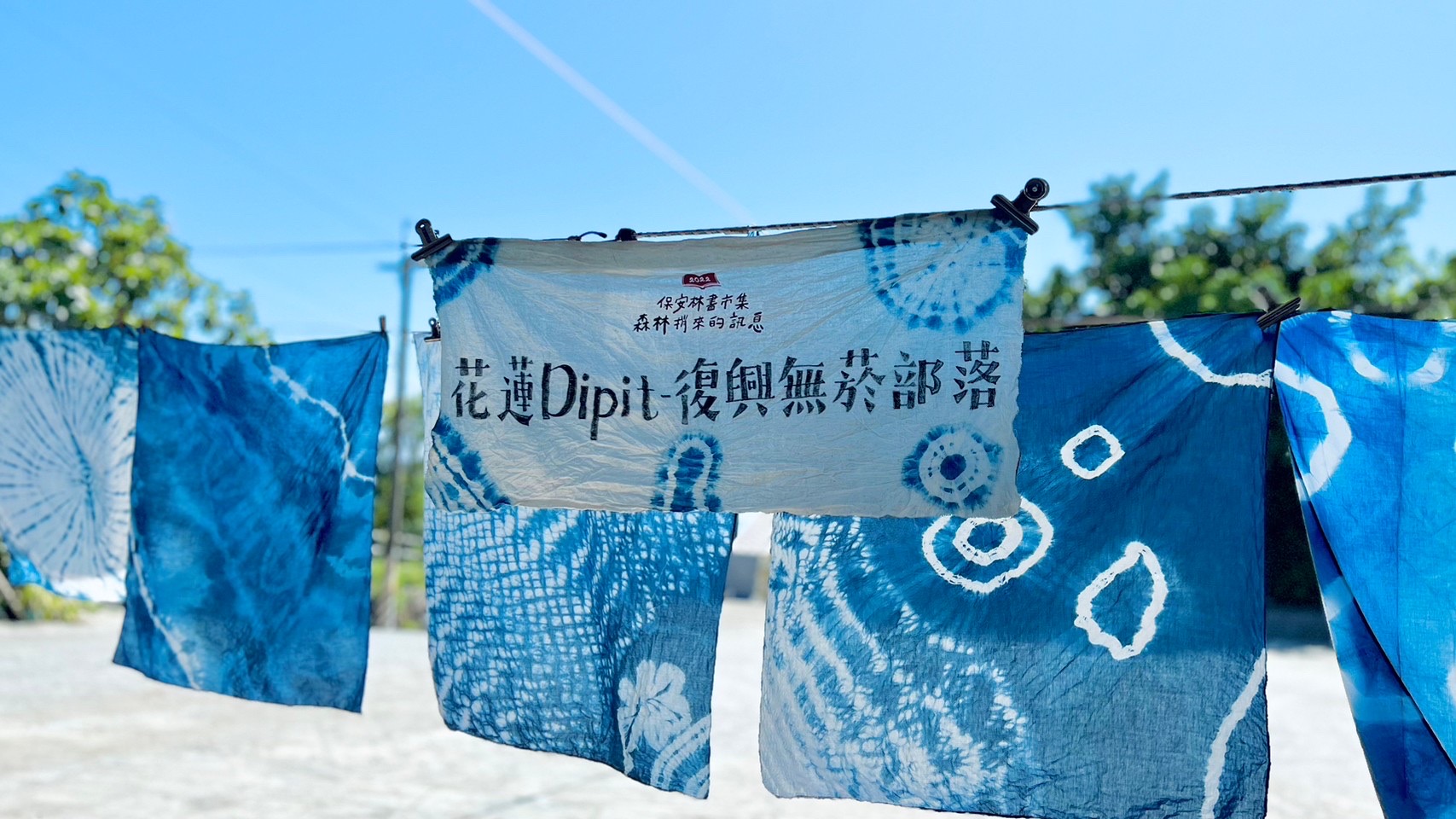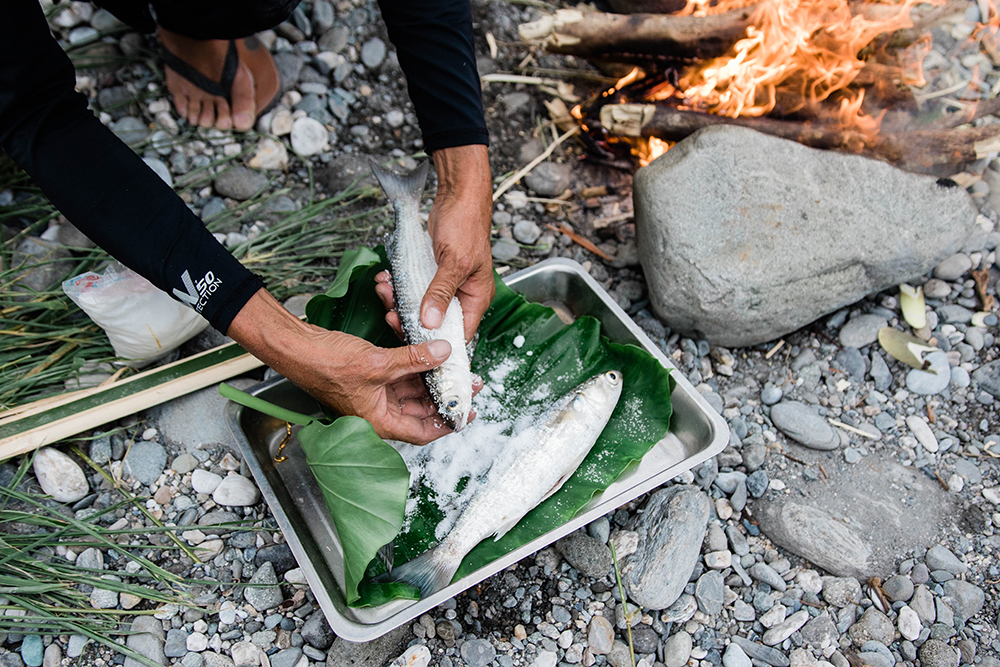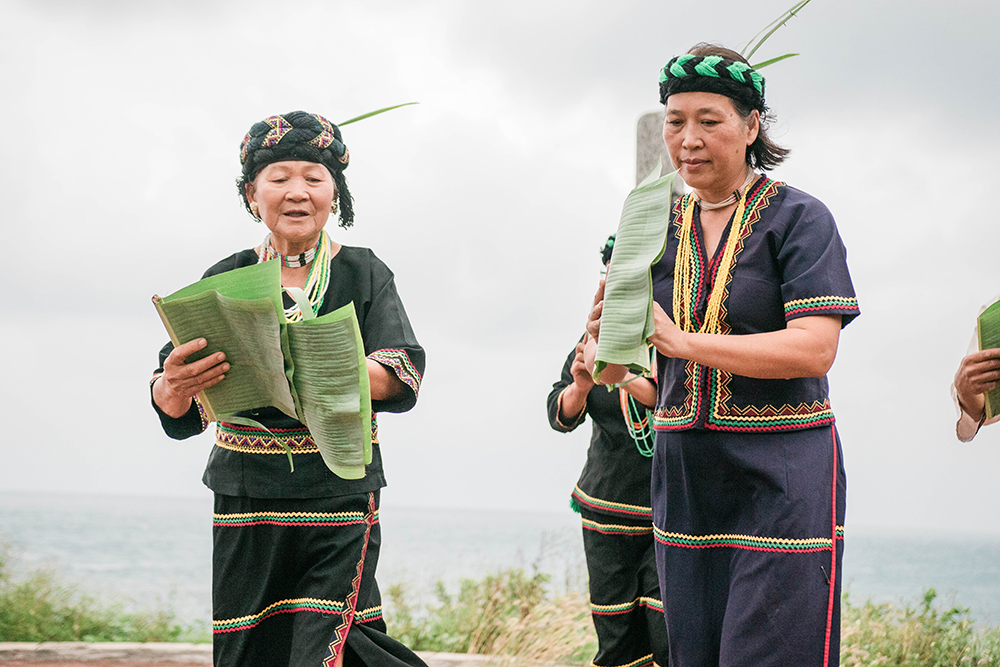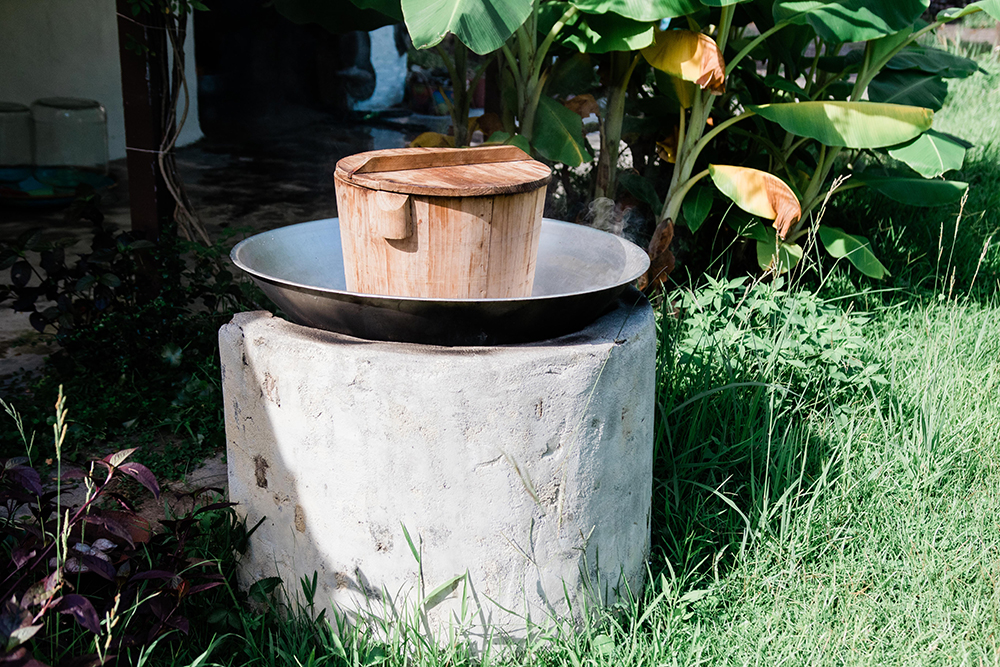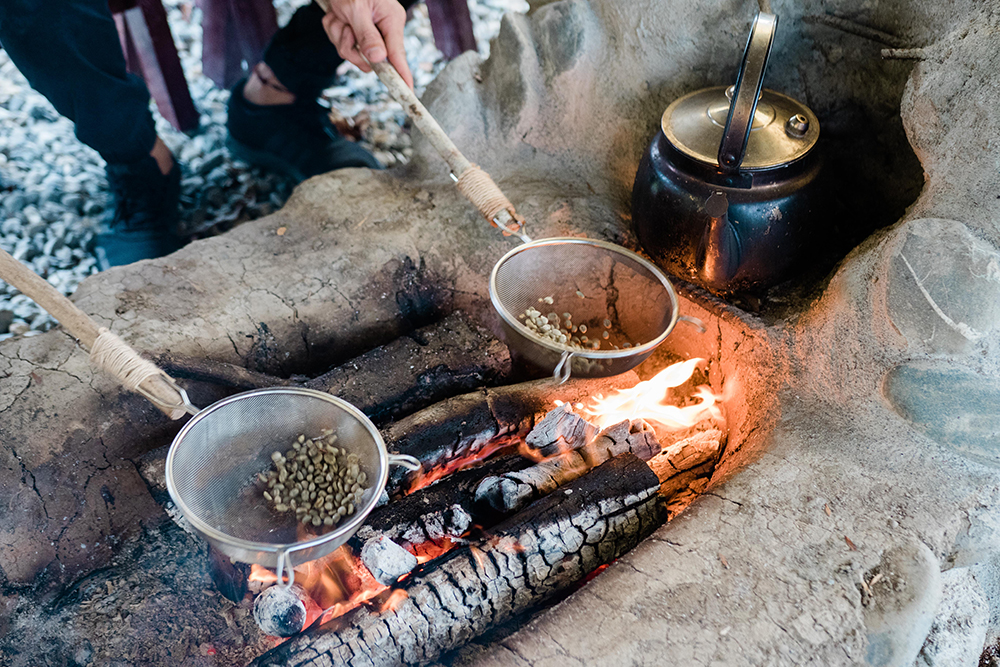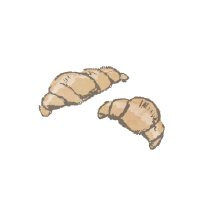花蓮Dipit-復興無菸部落
雙濱共好店家
位於豐濱鄕的「Dipit部落」,是一個守護著老人家的生活社區,他們堅持不菸、不酒、不檳榔,致力於推動健康的原住民生活方式。這裡更是一個文化與友善耕種物產的集結地,展示了對土地與文化傳承的堅持。
他們積極與外界分享豐濱的農魚民故事、風土文化、工藝傳承,並串聯各式遊程,包括體驗藍染等手工藝活動。部落提供以「森-川-里-海」的精神所製作的茶品,同時與三玉號合作推出野草茶,從公益到美學,全方位呈現豐濱的自然之美。
Dipit Tribe
Situated in Fengbin Township, the "Dipit Tribe" is a vibrant community committed to preserving the lifestyle of its elders. Embracing a lifestyle devoid of smoking, alcohol, and betel nuts, they champion a wholesome indigenous way of life. This locale serves as a cultural beacon and a center for sustainable farming practices, illustrating a deep respect for both the land and its cultural legacy.
Dipit Tribe shares the rich tapestry of Fengbin's agricultural and fishing traditions, local customs, and artisanal heritage, connecting people through a variety of tours that feature activities like indigo dyeing among other crafts. In partnership with a local tea brand, the tribe crafts and offers teas inspired by the ethos of "forest-river-village-sea," and has introduced wild grass teas. These efforts beautifully encapsulate Fengbin's natural splendor, bridging philanthropy and aesthetic appreciation in full circle.
SDGs:
Dipit部落深信,取之於部落,亦應回饋於部落。透過義賣或樂捐,支援部落孩童與老人,並協助長者銷售自種作物或手工藝品,也主動參與田野調查,保留部落的文化資產,並透過教育宣導提升員工與社區成員對當地文化的理解。
Dipit部落支持偏鄉兒童的教育權利,推崇終身學習,從教授孩子們族語、山海知識,到與學校合作深化學生對自然環境的認識,如溪蝦的生態學習。
在環保方面,Dipit部落也嘗試自製小型水力發電,同時堅拒一次性塑膠,實踐垃圾分類與資源回收,也不浪費任何餐桌上的食物。透過自然生態工法維護生態環境,並選擇無動力的水上交通工具,以減少對自然的干擾。
SDGs:
The Dipit Tribe is deeply committed to the principle of reciprocity within their community. Through organizing charity sales and accepting donations, they enhance the welfare of the tribe's children and elderly, assist elders in marketing their agricultural products or crafts, participate in field surveys to conserve tribal cultural heritage, and promote a deeper understanding of local culture among employees and community members via educational initiatives.
Education stands as a cornerstone of the Dipit Tribe's ethos, emphasizing the protection of educational rights for children in remote areas and championing the cause of lifelong learning. On the environmental front, the Dipit Tribe is a pioneer in sustainable practices. They are exploring the generation of small-scale hydroelectric power, strictly rejecting the use of single-use plastics, adhering to rigorous waste sorting and recycling protocols, and ensuring that no food goes to waste.
店家資訊
他們積極與外界分享豐濱的農魚民故事、風土文化、工藝傳承,並串聯各式遊程,包括體驗藍染等手工藝活動。部落提供以「森-川-里-海」的精神所製作的茶品,同時與三玉號合作推出野草茶,從公益到美學,全方位呈現豐濱的自然之美。
Dipit Tribe
Situated in Fengbin Township, the "Dipit Tribe" is a vibrant community committed to preserving the lifestyle of its elders. Embracing a lifestyle devoid of smoking, alcohol, and betel nuts, they champion a wholesome indigenous way of life. This locale serves as a cultural beacon and a center for sustainable farming practices, illustrating a deep respect for both the land and its cultural legacy.
Dipit Tribe shares the rich tapestry of Fengbin's agricultural and fishing traditions, local customs, and artisanal heritage, connecting people through a variety of tours that feature activities like indigo dyeing among other crafts. In partnership with a local tea brand, the tribe crafts and offers teas inspired by the ethos of "forest-river-village-sea," and has introduced wild grass teas. These efforts beautifully encapsulate Fengbin's natural splendor, bridging philanthropy and aesthetic appreciation in full circle.
SDGs:
Dipit部落深信,取之於部落,亦應回饋於部落。透過義賣或樂捐,支援部落孩童與老人,並協助長者銷售自種作物或手工藝品,也主動參與田野調查,保留部落的文化資產,並透過教育宣導提升員工與社區成員對當地文化的理解。
Dipit部落支持偏鄉兒童的教育權利,推崇終身學習,從教授孩子們族語、山海知識,到與學校合作深化學生對自然環境的認識,如溪蝦的生態學習。
在環保方面,Dipit部落也嘗試自製小型水力發電,同時堅拒一次性塑膠,實踐垃圾分類與資源回收,也不浪費任何餐桌上的食物。透過自然生態工法維護生態環境,並選擇無動力的水上交通工具,以減少對自然的干擾。
SDGs:
The Dipit Tribe is deeply committed to the principle of reciprocity within their community. Through organizing charity sales and accepting donations, they enhance the welfare of the tribe's children and elderly, assist elders in marketing their agricultural products or crafts, participate in field surveys to conserve tribal cultural heritage, and promote a deeper understanding of local culture among employees and community members via educational initiatives.
Education stands as a cornerstone of the Dipit Tribe's ethos, emphasizing the protection of educational rights for children in remote areas and championing the cause of lifelong learning. On the environmental front, the Dipit Tribe is a pioneer in sustainable practices. They are exploring the generation of small-scale hydroelectric power, strictly rejecting the use of single-use plastics, adhering to rigorous waste sorting and recycling protocols, and ensuring that no food goes to waste.



